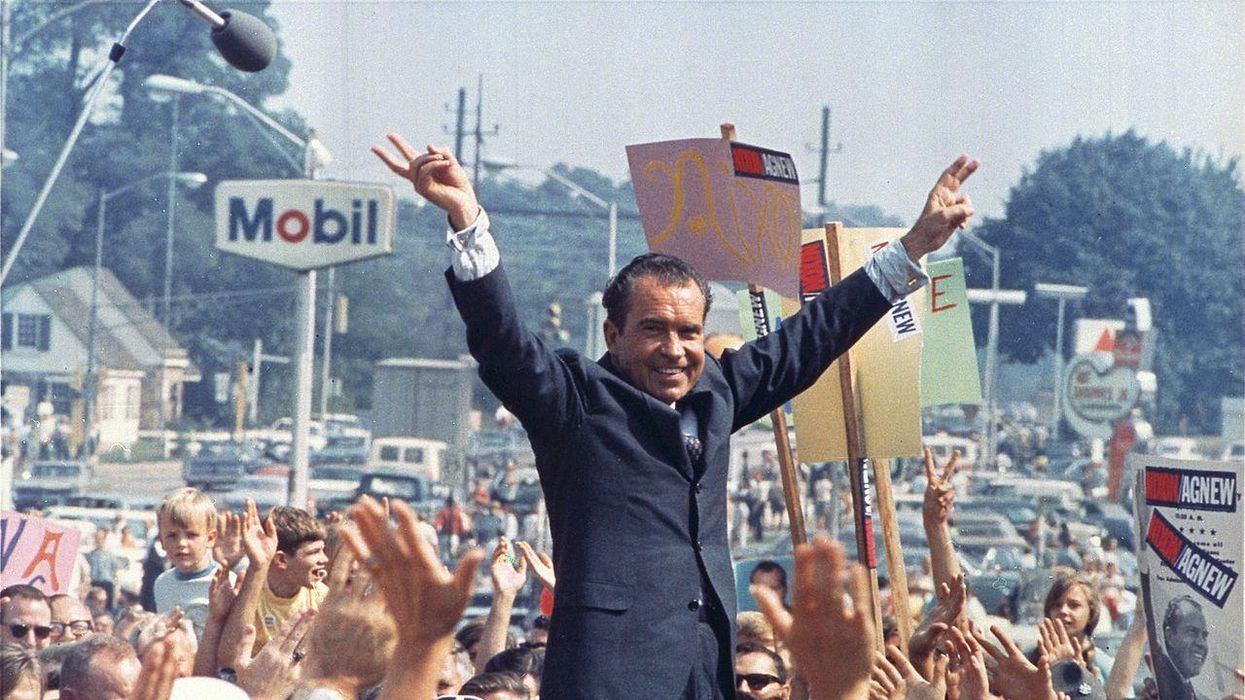What Boomers don't understand about today's 'vastly different' world: professor


The term “OK, Boomer” has been used by some Millennials and members of Generation Z to criticize Baby Boomers who fail to understand the economic and political realities that younger generations are facing. For example, a 65-year-old Boomer and devoted Fox News viewer might tell a 30-year-old worker, “I don’t understand why you aren’t a homeowner yet. I bought my first house when I was 26.” And the 30-year-old, feeling frustrated, will dismissively respond, “OK, Boomer.”
But one older American who isn’t say things like that to Millennials or members of Generation Z is J. W. Traphagan, a professor at the University of Texas, Austin. In an op-ed published by the Daily Beast on December 12, Traphagan stresses that as a Boomer, his experiences in the past don’t necessarily apply to what youths are experiencing in 2022.
“It’s a common idea in many cultures that we should respect our elders,” Traphagan explains. “As a result of having lived for many years, goes the cultural trope, they’ve accumulated wisdom and knowledge. Therefore, young people should, depending on one’s culture, either listen to elders attentively or simply defer to and accept their decisions — without an argument. As I approach retirement in a few months, I’ve found myself wondering if this common assumption really makes much sense.”
READ MORE: Here are some far-right reactionaries the term ‘OK, Boomer’ was perfectly designed for
Traphagan goes on to note some of the social, political and technological changes that have occurred since his youth.
“I grew up in the 1960s and 1970s,” Traphagan notes. “It was the time of Vietnam, race riots, the civil rights movement, Star Trek, and that most horrid of horrors, the leisure suit. It was also a time when Americans went to the moon using spacecraft with less computing power than my smartphone…. When I was a kid, TV was in black and white and things to read were made of paper and ink…. Today, I read most books on a Kindle. I’m writing this article on a computer.”
Traphagan points out that the American middle class has shrunk from what it was 50 or 60 years ago.
“In 1965, 84 percent of Americans were white; today, that number is below 60 percent, if Hispanics are excluded,” Traphagan explains. “And the U.S. was a far more middle-class society than it is today. When I was 10 years old in 1971, 61 percent of households were considered ‘middle class.’ Forty years later, that number had dropped to 50 percent…. Perhaps the most significant change of all is the rise of social media, which has reconfigured the basic fabric of how people interact, whether it’s communicating via text, online dating, or making videos on TikTok.”
Traphagan continues, “Given the incredible pace of both technological and social change, it seems worth asking if the experiences — and, thus, knowledge and ideas — of elders should be taken as unquestionably and uncritically worthy of consideration by younger people. Today’s young adults have grown up in a world — particularly when it comes to modes of social interaction — vastly different from the one I experienced well into my forties when it comes to social media. And because their most formative years have been shaped by a very different kind of social context from that of their elders, it seems reasonable to imagine that they think in ways significantly divergent from how Boomers think.”
The University of Texas, Austin professor observes that “a 65-year-old CEO today grew up in a time so unlike the world of 2022 that it would be a surprise if they weren’t out of touch with the generations that will succeed them.”
“This suggests that their wisdom and experience may not be all that applicable to the modern world, nor to the organization they lead,” Traphagan writes. “Perhaps this is a reason why many CEOs seem to be struggling with the idea that working remotely as opposed to being in an office often seems to increase productivity…. To be 60 or 70 or 80 in 2022 is very different from being 25 in 2022. The rapidity of social and technological change our world has experienced over the last half-century, at least, should give us pause when assuming age necessarily brings appropriate experience and wisdom…. And perhaps those who have deep experience and understanding of a world with social media and self-parking cars are better equipped to lead in the 21st Century than those who have spent much of their lives in a very different world.”
READ MORE: 'Gen-X and Boomer women' are prime targets of the GOP war on Social Security and Medicare: activists